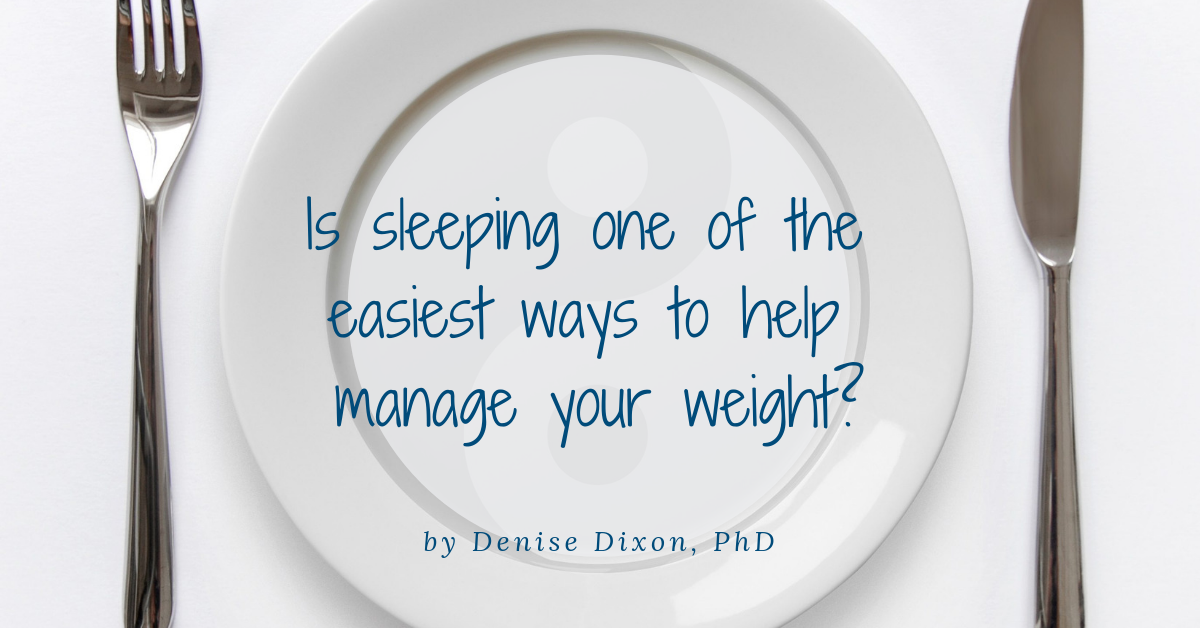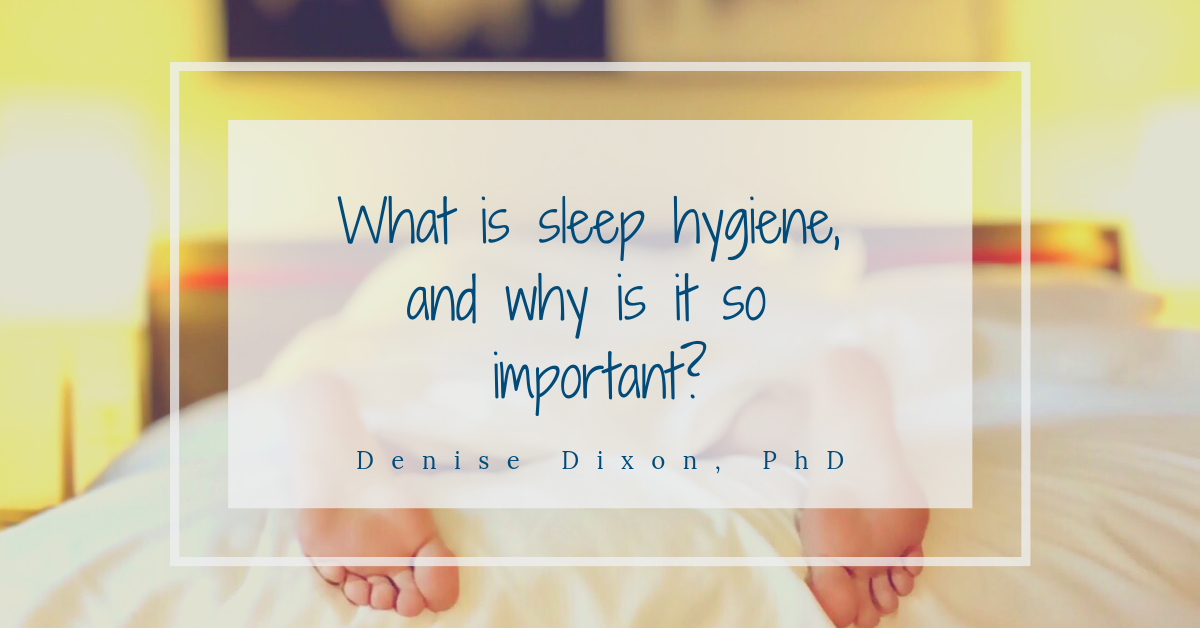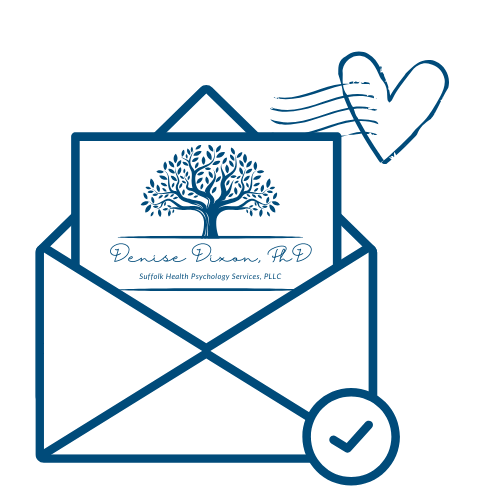Discover The Impact Of Poor Sleep On Health
Revitalize Your Life with Better Sleep
Start Your Journey to Better Sleep Today
Sleep Disorder Insights
Sleep Disorders Impact Millions of Adults and Teens
%
Seeking Better Sleep Around The Globe
%
Adults With Nightly Sleep Disruptions
%
Global Adult Insomnia Rates
The Sleep-Motivation Connection
How Sleep Influences Your Healthy Habits
When we skimp on sleep, our motivation to engage in healthy activities like cooking nutritious meals and exercising diminishes significantly. A lack of rest leaves us feeling drained and less inclined to make the effort required for these beneficial habits. As fatigue sets in, we often opt for convenience over health, choosing quick, unhealthy meals and skipping workouts. By ensuring adequate sleep, we empower ourselves to make better lifestyle choices, leading to improved physical and mental health.
Moreover, the energy and clarity gained from a good night’s sleep enhance our ability to plan and execute healthy routines. This positive cycle reinforces our commitment to wellness, making it easier to maintain a balanced diet and regular exercise. Prioritizing sleep is a crucial step in fostering the motivation needed to sustain these healthy habits, ultimately leading to a more vibrant and fulfilling life.
Hormonal Imbalance and Increased Appetite
The Role of Sleep in Regulating Hunger Hormones
Sleep deprivation disrupts the delicate balance of hormones that regulate hunger, notably leptin and ghrelin. Leptin, which signals fullness, decreases with inadequate sleep, while ghrelin, which stimulates appetite, increases. This hormonal imbalance leads to heightened hunger and cravings, particularly for high-calorie, carbohydrate-rich foods. As a result, poor sleep can contribute to overeating and weight gain, further impacting overall health.
Understanding the connection between sleep and these hormones highlights the importance of prioritizing restful nights. By committing to regular, sufficient sleep, we can help regulate these hormones, reducing unnecessary hunger and cravings. This not only supports healthier eating habits but also aids in maintaining a balanced weight, underscoring the critical role of sleep in our overall health and wellness strategy.
Impact of Sleep on Heart Health
Sleep and Cardiovascular Risks

Research consistently shows that inadequate sleep is a significant risk factor for heart disease, heart attacks, and strokes. Sleep deprivation can lead to increased blood pressure and inflammation, both of which are detrimental to cardiovascular health. Prioritizing 7-8 hours of quality sleep each night can substantially reduce these risks and promote a healthier heart.
Sleep and Diabetes Risk
Insufficient sleep has a profound impact on blood sugar regulation, increasing the risk of developing type 2 diabetes. Lack of sleep can cause insulin resistance, making it difficult for the body to manage glucose levels effectively. Studies have shown that even short-term sleep deprivation can lead to pre-diabetic conditions, highlighting the importance of maintaining a regular sleep schedule for optimal metabolic health.
Blood Sugar and Sleep Deprivation
When we don’t get enough sleep, our body’s ability to process glucose is impaired, leading to higher blood sugar levels. This disruption in glucose metabolism can increase the likelihood of developing diabetes over time. Ensuring adequate sleep is a crucial step in managing and preventing diabetes by stabilizing blood sugar levels.
Sleep's Role in Metabolic Health
Quality sleep is essential for maintaining metabolic health. It helps regulate hormones that control hunger and satiety, preventing overeating and weight gain. By committing to a consistent sleep routine, individuals can better manage their weight and reduce the risk of metabolic disorders like diabetes.
The Connection Between Sleep And Obesity
%
Short Sleep In Children Linked To Obesity Risk
Research reveals that insufficient sleep among children significantly heightens their risk of obesity, highlighted by a striking link of 89%.
%
Adult Sleep Deprivation Linked To Obesity
Sleep and Inflammation
The Link Between Sleep and Inflammatory Diseases
Chronic sleep deprivation is closely linked to increased inflammation and cellular damage, particularly affecting the digestive system. Conditions such as inflammatory bowel disease (IBD) are exacerbated by poor sleep, as it can trigger flare-ups and worsen symptoms. Ensuring sufficient rest is crucial for individuals with IBD to manage their condition effectively and reduce the risk of long-term complications.
Understanding Sleep and Cancer Risk
The Connection Between Sleep Deprivation and Cancer
Research has increasingly pointed to a significant correlation between inadequate sleep and the heightened risk of developing certain types of cancer. Studies suggest that individuals who consistently get less than the recommended amount of sleep are more susceptible to cancers such as breast and colon cancer. This is particularly evident in those who work night shifts, disrupting their natural circadian rhythms. Ensuring a regular sleep schedule may play a crucial role in reducing cancer risk and promoting overall health.
Sleep and Social Perception
The Role of Sleep in Social Interactions

Sleep deprivation doesn’t just affect our physical health; it also impairs our social interactions. When we’re tired, our ability to accurately interpret social cues and emotional expressions diminishes, leading to misunderstandings and miscommunications. This can create feelings of paranoia or insecurity, as we may misread others’ intentions or emotions. By ensuring adequate sleep, we can improve our social perception and enhance our relationships with others.
Sleep's Impact on Emotional Well-being
How Lack of Sleep Affects Mood
Lack of adequate sleep profoundly impacts our emotional health, often leading to increased sadness, anxiety, and irritability. The interplay between poor sleep quality, insufficient sleep duration, and various sleep disorders raises the risk of suicidal ideation. When we fail to get enough restorative sleep, our ability to cope with stress and manage our emotions diminishes, making us more vulnerable to fluctuations in our mood. This vulnerability can manifest as heightened sensitivity, where even minor challenges feel insurmountable, resulting in strained interactions with those around us. Thus, focusing on good sleep hygiene is vital for sustaining emotional balance and enhancing our resilience.
Prioritize Your Sleep for Optimal Health
Transform your health by committing to 7-8 hours of restorative sleep each night. This straightforward commitment can uplift your mood, increase your energy, and enhance your overall well-being. If you’re seeking guidance, consider scheduling an evaluation and take the first step towards a healthier lifestyle today.


















